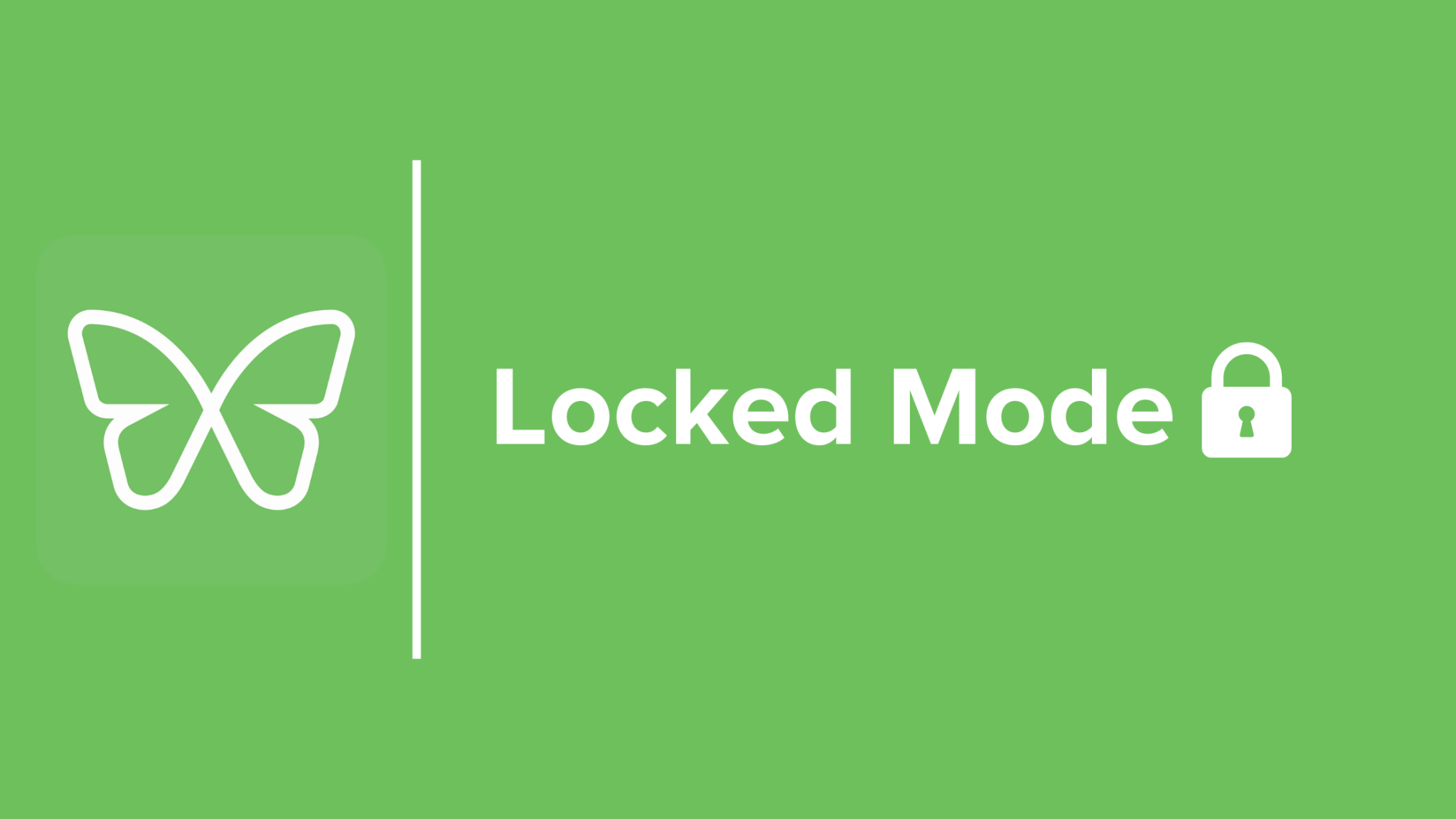How Facebook Keeps Us Hooked

How Facebook’s Echo Chambers Keeps Us Addicted to Misinformation
When it comes to addictive social media platforms, there’s one platform that boasts the oldest existence and the most users in history: Facebook. As the original pioneer of the social media network, Facebook first developed a large number of mechanisms that keep us hooked.
However, these mechanisms have also backfired to make Facebook an experience of echo chambers and disinformation that also prove to be highly addictive. But how do you even get swept up in disinformation? How do you know if you’re within an echo chamber? And how can you extract yourself from that bubble?
The Addictive User Engagement Design of Facebook
With 3.03 billion monthly active users, Facebook employs a wide variety of user engagement strategies to keep users perpetually online, from push notifications that alert you of new comments, posts, or friends’ birthdays that lure you back to its platform, to infinite scrolling and autoplay features that always give you new content to consume.
Facebook also includes features not found on other social media platforms.
- Groups: Like-minded people discuss and share content under a topic, such as movie recommendations, plant finds, or meal recipes.
- Events: Users can create public or private events for parties, meetings, book launches, and more.
- Marketplace: It’s easy to buy and sell used items in your local area, from bicycles to bookshelves.
Facebook’s algorithms also prioritize content that is meant to engage you the most. These often-controversial or sensational posts tend to elicit strong emotional reactions, which can be expressed through a variety of reactions beyond the Like, such as ‘Love,’ ‘Wow,’ ‘Haha,’ ‘Sad,’ and ‘Angry.’
These highly engaging metrics also correlate to a high level of addiction across age demographics, especially Millennials, Gen X, and Baby Boomers.
On Facebook, you can also share posts from other users, which amplifies its visibility to other networks. However, these posts may contain misleading data, and sharing them incentivizes the spread of misinformation.
A 2020 study found older users over the age of 65 are more likely to share fake news, and this may be due to the fact that our social circles tend to become smaller as we grow older, leading older users to easily believe something that their niece or neighbor posted.
Echo Chambers
Facebook algorithms also tend to show you perspectives similar to your own. This has the potential to create what is known as an echo chamber that never exposes you to different beliefs. Instead, it reinforces confirmation bias, which is the tendency to search for, interpret, and recall information that confirms your values.
These echo chambers can appear in a variety of ways.
- Political interest groups, foreign entities, or Super PACS may invest in paid advertising content filled with divisive or false messages that are targeted at a specific demographic.
- You may join Facebook Groups that echo your cultural, spiritual, or political ideologies and scroll through increasingly polarized posts that glorify your perspectives and mock or scapegoat those of a different group.
- If you have a like-minded Friend network, your Friends may parrot your viewpoints and thus you subconsciously never expose yourself to other ways of thinking.
But how do echo chambers sustain compulsive use on Facebook?
Constantly experiencing a validation of your beliefs can be highly addicting. Whether others respond to your content with excitement, outrage, or agreement through the engagement metrics of Reactions, Shares, or Comments, these stimulating emotional highs keep you returning online.
Interactions between members of a like-minded network may create a sense of community and belonging that feels socially validating and incentivizes you to continue contributing. Furthermore, you may experience a Fear Of Missing Out on the latest news updates or discussions, leading you to compulsively check Facebook to see the next hot take.
The Allure of Disinformation
Disinformation can spread rapidly through deceptive tactics in order to amplify fake news. These campaigns use coordinated efforts that capitalize on the controversial nature of a polarizing post to go viral. Although Facebook has increased transparency around paid political advertising and partnered with fact checkers to denote fake news, it remains difficult to truly control the flow of content.
Facebook runs mostly on user-generated content, who are free to post whatever they please without strict oversight. Highly sensationalized disinformation often comes from fake accounts whose goal is to create division. When it comes to political topics, foreign governments have been found to use fake accounts to interfere with elections and influence other countries’ politics.
These posts tend to manipulate your emotions, whether it’s through the fear of an unknown demographic or policy or anger towards a scapegoat person or group for a systemic problem. When you feel your emotions validated by other users, you feel more compelled to return to Facebook to add your own emotional input to the newest post.
The Human Toll
A Facebook addiction, whether you are in an echo chamber or not, has a variety of negative impacts on your mental health, including stress and anxiety when away from the platform, social isolation, low productivity, and eroded real-life relationships.
If you or someone you know is constantly consuming and sharing fake news, they may also experience a lot of paranoia and distrust towards others in real life and may even be incited to take real action as a result of believing disinformation.
An example of echo chambers and disinformation taken to the extreme took place in Myanmar. In 2018, the government military harnessed Facebook to spread hateful propaganda and fake news to incite hatred against the Rohingya Muslim minority and justify their genocide against the religious-ethnic group.
How To End the Addiction
Have you found yourself compulsively checking Facebook and scrolling through its platforms for hours per day? Do you find it hard to ignore its notifications? You may have a Facebook addiction.
Are you part of any political or cultural groups that tend to mock, belittle, or portray another group as an enemy? Then you may also be part of an echo chamber!
Either way, it’s time to log off Facebook for a little while. Here are a few things you can do instead:
- Engage in real-life civil conversations with those who have a different perspective from you.
- Read books that explore a topic in a more in-depth manner and sharpen your critical thinking skills to engage with new information with healthy skepticism.
- Involve yourself in real-life groups linked to a non-political passion, such as pottery or a knitting circle.
- Start a creative project, spend time with family, or go on a hike.
If you find yourself struggling to remove yourself from Facebook, there are plenty of digital tools that will keep you from opening up the application. Freedom is one solution that offers timed sessions that block out any number of websites and applications of your choosing across devices. This will help you focus on real-life work, play, or relationships instead.
Removing Yourself From the Echo Chamber
Facebook would like to maintain its #1 spot in social media platforms by using a variety of addictive user engagement mechanics, from Reactions to Shares to Marketplace. Through friend networks and Groups, you can hyperfocus on the content of your choice to result in an echo chamber that may spread disinformation.
But you don’t have to fall victim to the anxiety, paranoia, low productivity, and eroded relationships of a Facebook addiction. Through tools like Freedom, you’ll be able to regain control of your life to remove yourself from your bubble and immerse yourself in the real world.
Written by Lorena Bally


